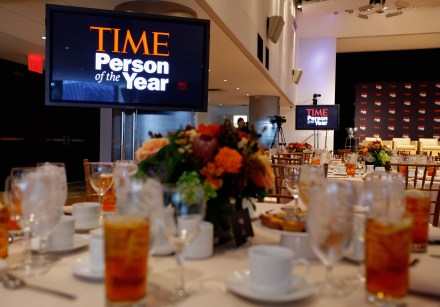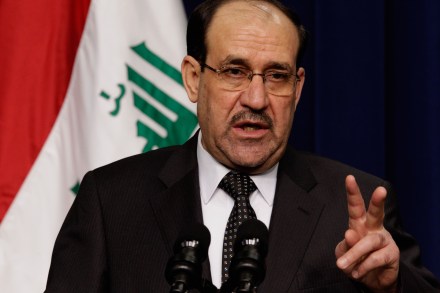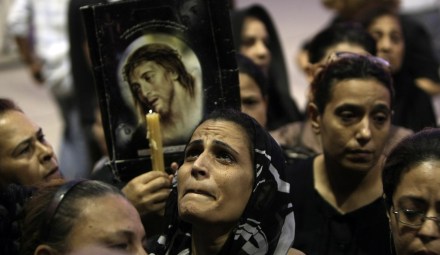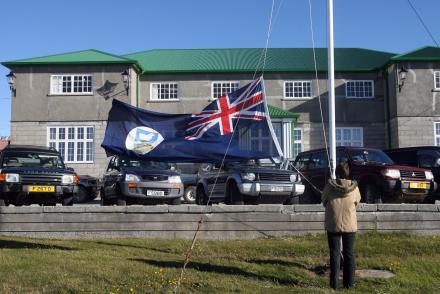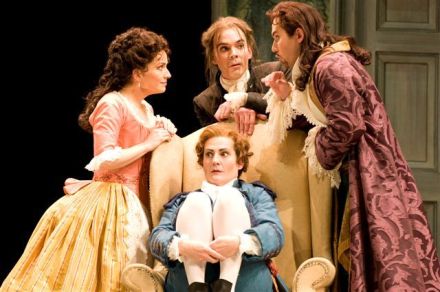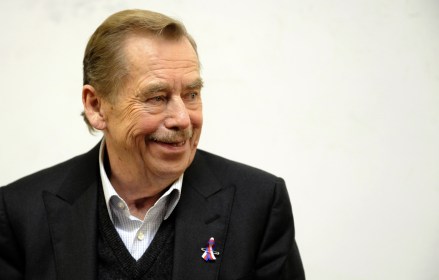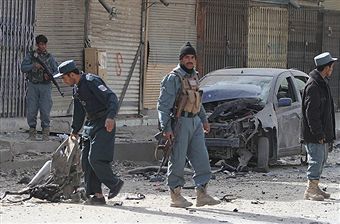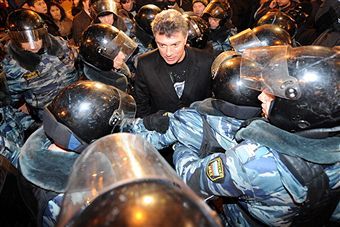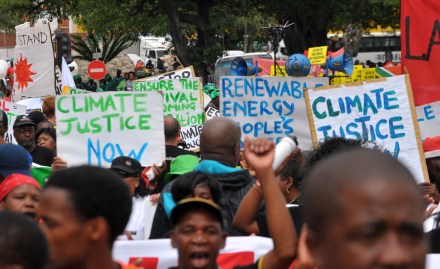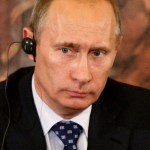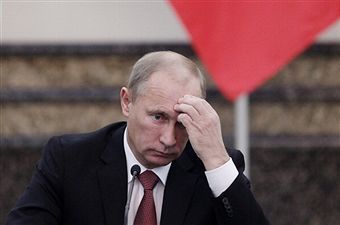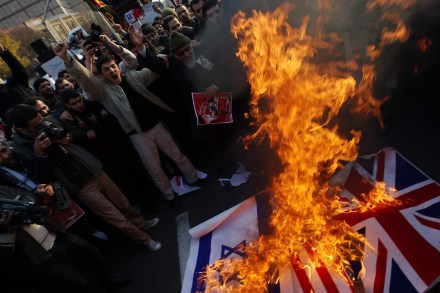Person of the year: The Islamist?
Last week, Time Magazine named ‘The Protestor’ as its Person of the Year. Myself, I’d be tempted to bestow the honorific upon ‘The Islamist’. For, in the spirit of the Time award, it is the Islamists, rather than the revolutionaries, who are now in the ascendancy in the Middle East. Governments in Morocco, Tunisia, Libya and Egypt are all now partly ruled by democratically-elected, if relatively moderate, Islamists. Next year will be about how they manage their newfound power. It will be not about ‘political Islam’, but ‘governmental Islam’. Many wonder if there is such a thing as moderate Islam, and whether all Islamist governments tend towards theocratic rule. Now
